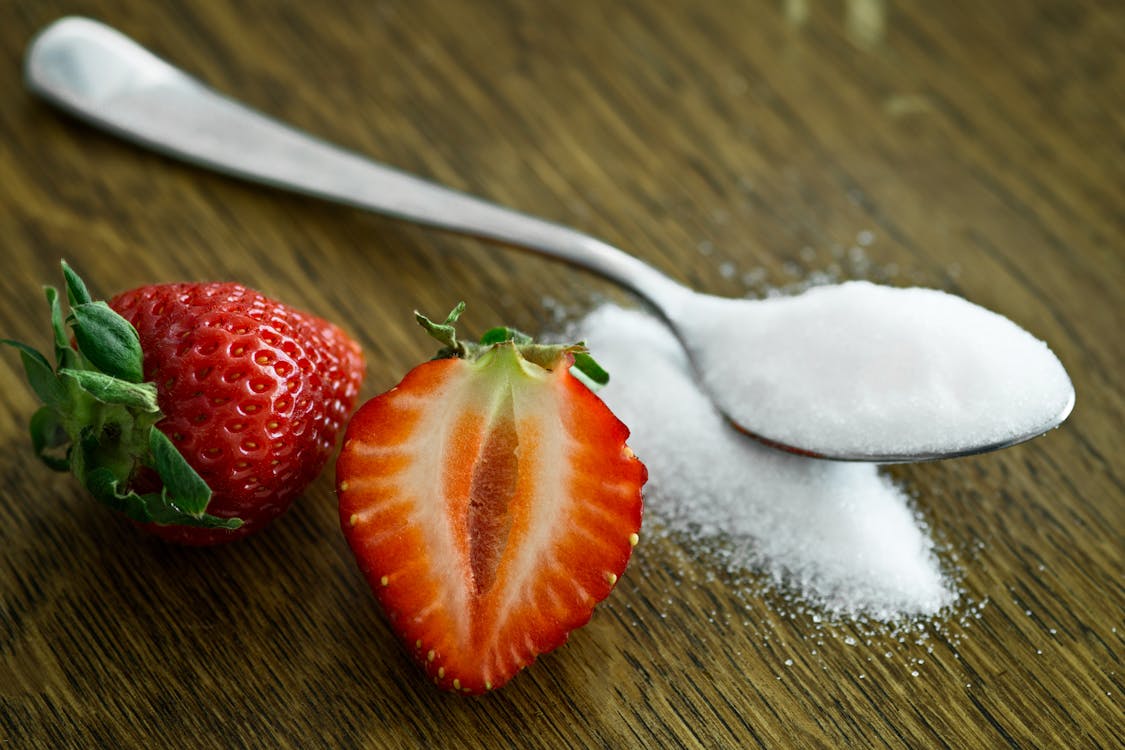The Truth About Sugar: Separating Fact From Fiction in the Sweet Debate
Sugar. It's everywhere – from our morning coffee to hidden sources in savory sauces. But with all the conflicting information floating around, it's hard to know what's truly good or bad for our health. Let's delve into the science behind sugar and separate fact from fiction in the "sweet debate."

Fact vs. Fiction: Unmasking the Myths
Myth: All sugar is bad.
Fact: Not all sugars are created equal. Naturally occurring sugars like those found in fruits come packaged with essential vitamins, minerals, and fiber [1]. These sugars have a minimal impact on your blood sugar compared to refined sugars.
Myth: A little sugar won't hurt.
Fact: Moderation is key. While a small amount of refined sugar likely won't cause immediate harm, excessive intake can contribute to weight gain, increased risk of type 2 diabetes, and even heart disease [2, 3].
Myth: Artificial sweeteners are a healthy alternative.
Fact: The jury's still out on artificial sweeteners. While they are calorie-free, research suggests they may alter gut bacteria and potentially impact appetite regulation [4].
Understanding the Different Sugars
Refined Sugars: These are the culprits – added sugars like table sugar, high fructose corn syrup, and sucrose. They provide empty calories with minimal nutrients and can disrupt blood sugar levels.
Natural Sugars: These occur naturally in fruits, vegetables, and dairy products. They come bundled with fiber and other essential nutrients that help regulate blood sugar impact.
Tips for a Balanced Approach to Sugar
- Read Food Labels: Pay attention to "added sugars" on the labels. This tells you how much refined sugar has been added to a product.
- Focus on Whole Foods: Prioritize whole fruits, vegetables, and whole grains over processed foods with added sugars.
- Embrace Natural Sweeteners: Explore natural alternatives like honey, maple syrup, or dates, but remember to use them in moderation.
- Develop a Sweet Tooth for Healthy: Satisfy your cravings with fresh fruits or homemade yogurt parfaits with fruit and nuts.
The Bottom Line: Sweetness with a Dose of Awareness
Sugar isn't inherently bad, but mindful consumption is key. By understanding the different types of sugar, making informed choices, and opting for natural sweetness whenever possible, you can create a balanced relationship with sugar and enjoy it as part of a healthy lifestyle.

 Cricket Score Counter
Cricket Score Counter Heads or Tails
Heads or Tails
You have not logged in, please Login to comment.